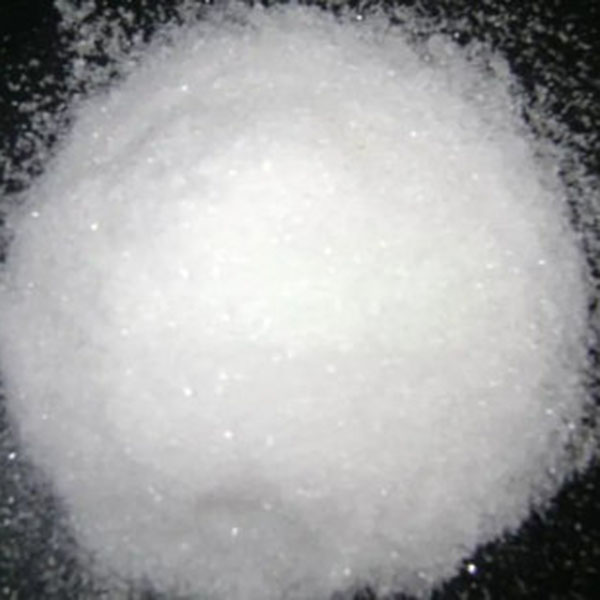Chemical raw material—Magnesium Sulfate Heptahydrate
Description:
Production introduction:
Magnesium Sulfate Heptadrate is produced through the dration process of magnesium sulfate, resulting in the formation of a white crystalline powder. Its heptadrate form contains seven molecules of water, which significantly improves its solubility and effectiveness in various applications.
Production usage:
Magnesium Sulfate Heptadrate finds extensive usage in diverse industries. In agriculture, it serves as an essential component of fertilizers by providing an abundant supply of magnesium and sulfur nutrients to promote healt plant growth and increased crop yields. It is widely utilized in the healthcare sector as a key ingredient in Epsom salts, known for their ability to relieve muscle aches and promote relaxation. Furthermore, it plays a crucial role in industrial applications such as textile production, medicine manufacturing, and water treatment processes.
Introduction:
The key selling point:
The key selling point of Magnesium Sulfate Heptadrate lies in its exceptional solubility, ensuring efficient absorption and utilization in a wide range of applications. Its versatility and effectiveness make it an invaluable compound across different industries.
Specification
| Name | Magnesium Sulfate Heptadrate |
| Color | White crystalline powder |
| Chemical formula | MgSO4·7H2O |
| CAS No | 10034-99-8 |
| Content | 99% |
| Storage | Stored in ventilated and dry place |
| Payment | TT , LC |
| Delivery time | According to the needs of legal inspection |
| Shipping | Shipping by sea,shipping by train normally or according to the customers’ requirements |
| Sample quotation | Free to offer sample, shipping cost payed by customers |
| OEM and ODM | Welcome |
| Packing | Woven bag lined with plastic bag,net weight is 254050KG |
What is Magnesium Sulfate Heptadrate?
Magnesium Sulfate Heptadrate (MgSO4·7H2O) is a white crystalline powder formed by drating magnesium sulfate with seven water molecules. This heptadrate form significantly enhances solubility, enabling its broad range of applications in various industries.
The Production Application:
Magnesium Sulfate Heptadrate finds wide-ranging applications in different industries. In agriculture, it is an essential ingredient in fertilizers, providing vital nutrients to crops and improving soil fertility. Its use in the healthcare industry is prevalent, particularly in the production of Epsom salts, known for their therapeutic properties. Additionally, it serves as a key component in textile production, medicine manufacturing, and water treatment processes, owing to its ability to enhance desired outcomes.
Professional technical engineer dedicated to guide you
According to your actual needs, choose the most reasonable overall design and planning procedures
